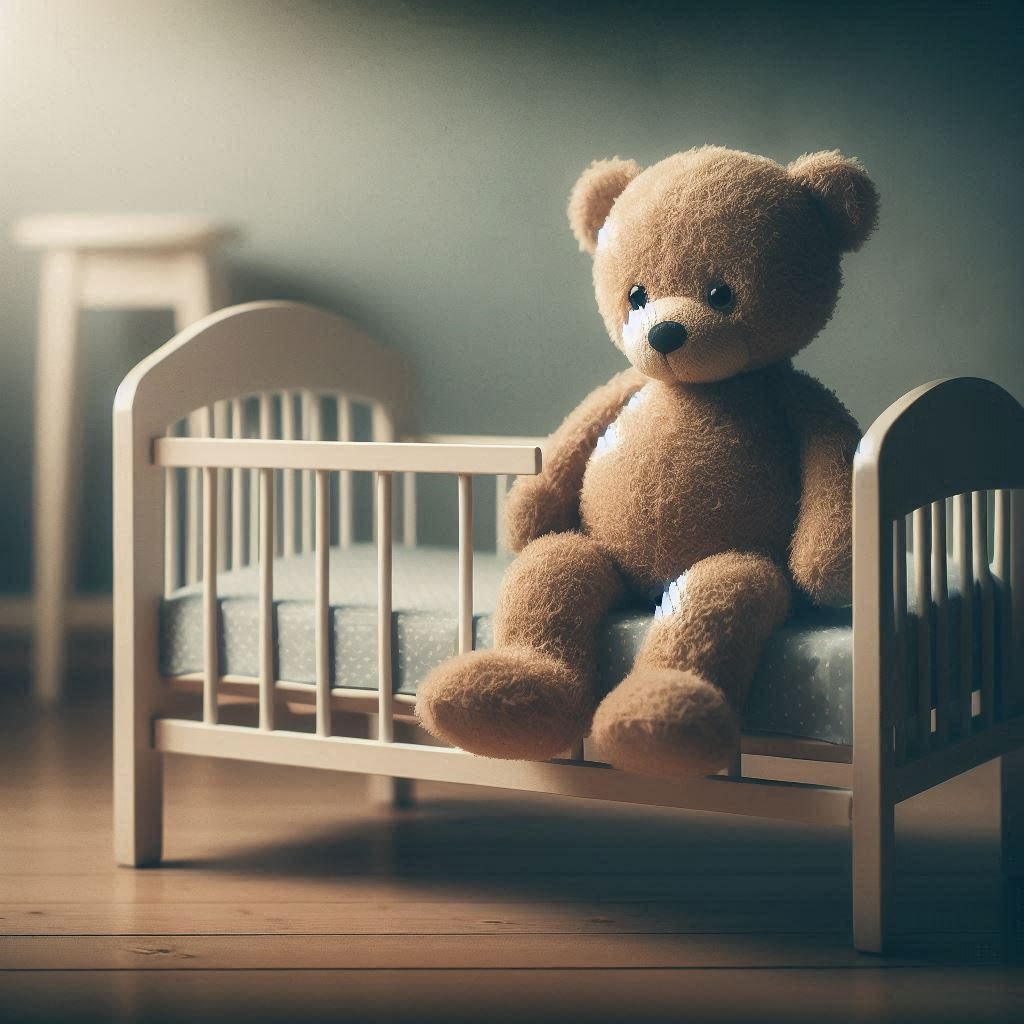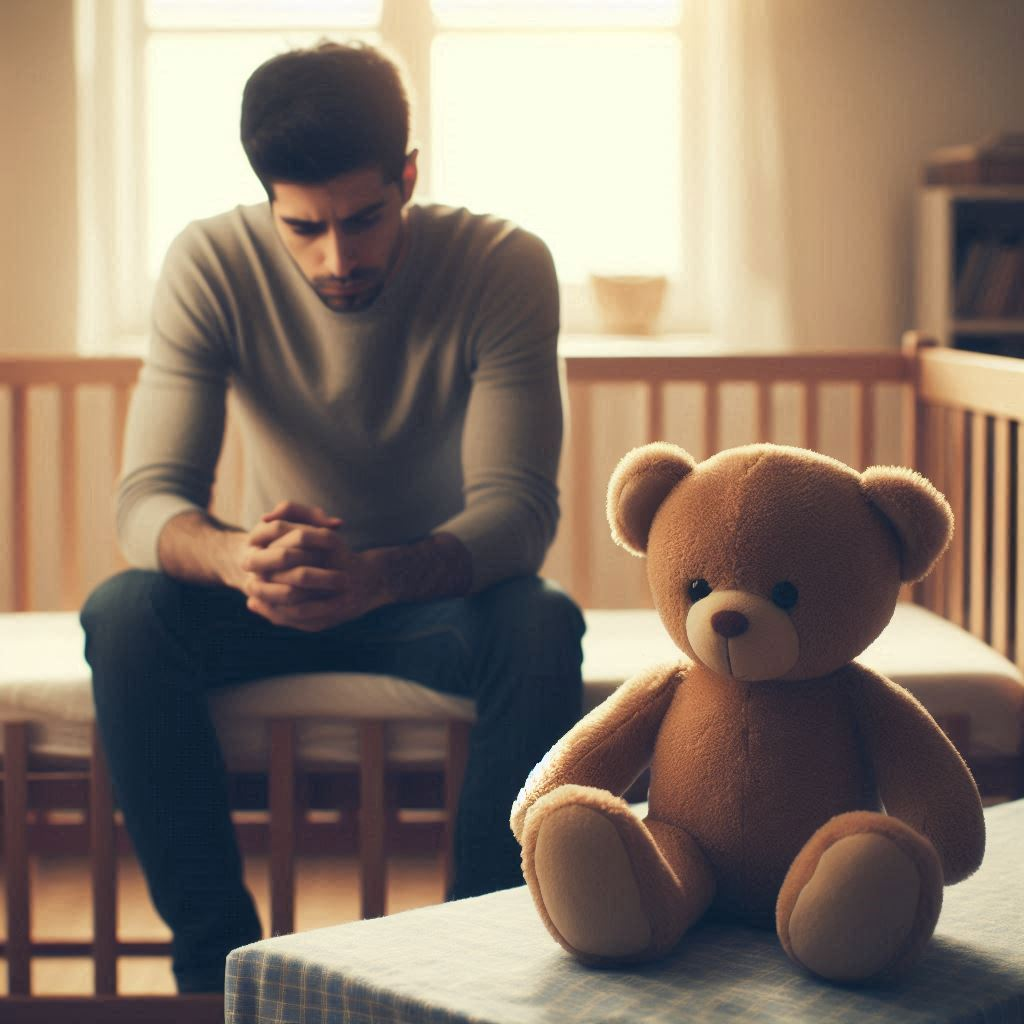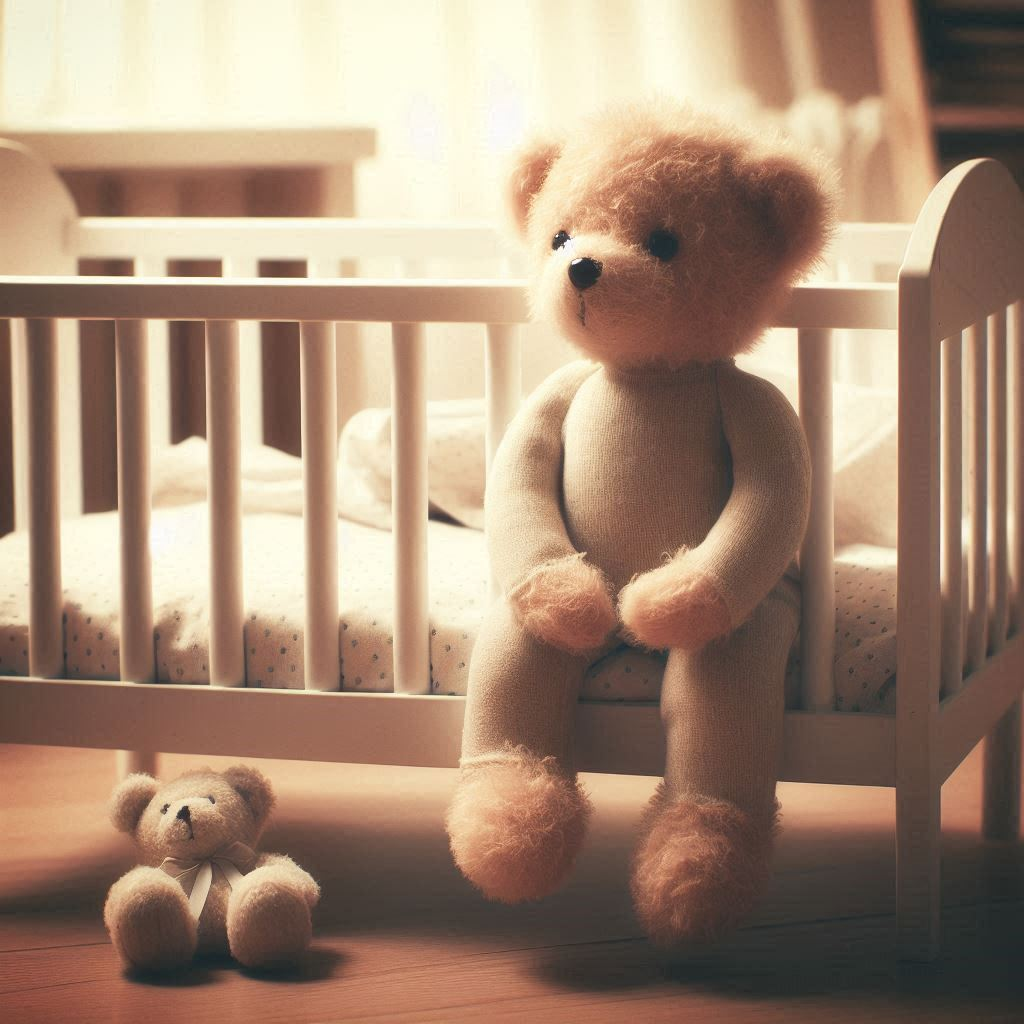Miscarriage
- Introduction
- About miscarriage
- Getting pregnant again after miscarriage
- Causes of miscarriage
- Grief after a Miscarriage or Stillbirth
- Acknowledging your Baby’s Death
- Community Approaches to Miscarriage and Stillbirth
- Helplines/ Useful Information
Miscarriage: what it is and how to cope

Key points
Once a miscarriage begins, no medical treatment can stop it.
Miscarriage is when a fetus dies before 20 weeks. It happens in about 1 in 5 pregnancies.
Often miscarriage has no obvious cause.
Common signs of miscarriage include vaginal bleeding and cramps. However, not all vaginal bleeding means that you are having a miscarriage
See your doctor or midwife straight away if you experience signs of miscarriage.
Translated, adapted and reproduced by Rahma Health with permission from©
raisingchildren.net.au
About miscarriage

Miscarriage is when a fetus stops growing and dies before 20 weeks of pregnancy. In Australia, if it isn’t clear how far along a pregnancy is, doctors will call it a miscarriage if the fetus weighs less than 400 gms.
Miscarriages happen in about 1 in 5 confirmed pregnancies, usually in the first 12 weeks. Miscarriage can happen before you or your partner know about the pregnancy.
Anyone can have a miscarriage. Miscarriage happens for many different reasons. Usually it’s because the fetus isn’t developing properly. Once a miscarriage begins, no medical treatment can stop it.
In Australia, ‘Miscarriage’ is when a pregnancy ends before 20 weeks. Pregnancy loss after 20 weeks is referred to as ‘Stillbirth’.
Symptoms of miscarriage
Miscarriage can happen suddenly or over a few days or weeks, and symptoms can vary.
Vaginal bleeding is the most common symptom of miscarriage. The bleeding can be light or heavy. There might also be blood clots.
Other symptoms might include lower stomach cramps, similar to period pain.
There’s nothing you, your partner or a doctor or midwife can do once a miscarriage has begun. But if you or your partner think a miscarriage is happening, it’s essential to call a doctor or midwife.
Sometimes a miscarriage may not have any symptoms of bleeding or pain. This is called a ‘Missed Miscarriage’ and is usually detected on a routine scan.
A miscarriage is usually confirmed when an ultrasound scan can no longer detect a baby’s heartbeat or your HCG blood test results start to decline.
After a miscarriage: what to expect
Pregnancy tissue often passes naturally on its own within a few days, but it might take up to 2 weeks. While this is happening, there might be heavier bleeding and period cramps.
Use sanitary pads rather than tampons to manage the bleeding in the first few days after a miscarriage. This helps to prevent infection.
Paracetamol or ibuprofen can help with pain management.
Sometimes medicine or a dilatation and curettage (D&C) can help the pregnancy tissue pass more quickly. A D&C is a surgical procedure that gently scrapes away any tissue still lining the uterus after a miscarriage.
The doctor or midwife can help you decide on the safest and best option.
Complications after miscarriage
Sometimes there can be complications after a miscarriage, usually when the pregnancy tissue doesn’t pass on its own.
Here’s when to see a doctor immediately:
- The bleeding gets heavier
- There’s a lot of pain or the pain gets worse.
- There are signs of an infection – for example, a bad smell from the vaginal bleeding, fever or nausea.
- It’s also important to see a GP or midwife when pregnancy tissue hasn’t passed 2 weeks after a confirmed miscarriage.
If there are complications, GPs and midwives might suggest medicine or a D&C.
Feelings after miscarriage
A miscarriage can bring up intense feelings of grief, emptiness, sadness, anger, anxiety and depression. A miscarriage can be shocking and devastating for you and your partner. You’ve lost not only a pregnancy but also your hopes and dreams of becoming a parent or of having another child.
Many people want answers about how and why the miscarriage happened. It’s hard, because often there’s no clear reason for the miscarriage.
There’s no right way to feel or grieve after a miscarriage. The experience is different for everyone, and everyone grieves differently and in their own time.
Experiences of grief after miscarriage
You and your partner might experience or express grief differently.
For example, some people might find it hard to say how they feel but might exercise or work more as a way of letting out their grief. Some people might not like talking about the miscarriage with others. And sometimes the partners of women who’ve had miscarriages might feel that their feelings aren’t important.
It’s normal to have different feelings, and the feelings of both partners are important.
If you and your partner can share your feelings and talk openly after the miscarriage, it can help you both through this difficult time.
Sharing your grief about miscarriage with others
It can be very upsetting to tell family and friends about the miscarriage and your grief. It can be even harder if you hadn’t yet told people about the pregnancy.
Not everyone will understand your need to acknowledge and grieve the loss of your pregnancy. Some people might even try to comfort you by saying things that minimise your loss. For example, ‘At least you know you can get pregnant’ or ‘At least you have your other children’.
But many people find that it does help to tell others. You could let close friends and family know what the pregnancy meant to you, what support you need, and how much you want to share your experience.
If you don’t feel like talking about your miscarriage, you could keep a journal of your thoughts, feelings and memories. Or you might like to apply for an early pregnancy loss commemorative certificate.
Getting help with grief after miscarriage
It’s likely that your grief will pass with time and support from friends and family. But if you feel you aren’t coping, you might need professional help. See your GP, a counsellor or a community spiritual leader, if you have one. It often helps to share your story and talk to many couples who have gone through a similar experience.
Here are more ways to get support:
Call MensLine on 1300 789 978.
Call Red Nose Grief and Loss on 1300 308 307.
Go to The Pink Elephants Support Network – Find support.
Call Bears of Hope on 1300 114 673.
Call Sands on 1300 308 307.
Contact Sands – Fathers support services.
Getting pregnant again after miscarriage
You or your partner might be keen to start trying to get pregnant again. You might also feel pressure from family, friends or colleagues about trying for another baby.
It takes time to recover emotionally from a miscarriage. And if you were pregnant, you’ll need time to recover physically from miscarriage too.
It’s best to talk with your doctor about when you and your partner will be ready to try again.
Causes of miscarriage
Miscarriage is common and happens for many different reasons. But it’s often hard to say exactly what has caused a miscarriage.
Miscarriages are often caused by chromosomal anomalies that stop the embryo or fetus from developing properly.
Smoking, drinking alcohol, taking illicit drugs, and having high levels of caffeine are risk factors for people’s general health. They’re also possible risk factors for miscarriage. Looking after yourself before and during pregnancy will give your baby the best chance of a healthy start to life.
Some couples experience multiple miscarriages. In these cases, an obstetrician might be able to offer some tests to try to find a cause.
Grief after a Miscarriage or Stillbirth

The experience of a miscarriage or stillbirth is incredibly harrowing and difficult. Everyone copes with their grief in their own way and at their own pace.
You can’t rush your grief. It’s normal to feel fluctuations in your emotions for a while, and sadness can come up unexpectedly for years, such as around the time of the anniversary of your baby’s death or due date. You might find that your grief returns when a friend announces a pregnancy or when you start trying to become pregnant again.
You and your partner might experience grief differently and express it differently. Both your and your partner’s feelings are important and it’s essential that you both take time and space to care for yourself. If you have children, grandparents or others who were also involved in the joy of the pregnancy, they may also be experiencing profound grief after your loss.
Please reach out to your General Practitioner, Psychologist or other Mental Health professional if you find that after 6 weeks, you are still not sleeping well, have disordered eating, or can’t take part in your normal activities, such as work.
Many people find that it’s helpful to talk to others
Many people, even if they haven’t announced their pregnancy, find that it’s helpful to share news of a miscarriage.
It allows others to offer support.
Acknowledging your Baby’s Death
Families find that acknowledging their baby’s death helps with healing.
This can include things like:
- Donating to a charity on baby’s behalf
- Naming your baby
- Creating something for them, e.g. a quilt
- Saying goodbye through a poem, ceremony or letter
- Burying your baby
- Planting a tree or buying a symbolic plant
Community Approaches to Miscarriage and Stillbirth
It’s likely that you will want to grieve alone at times and with others at times.
Many communities organise funerals for babies who have passed away, and usually these are for any baby aged over 20 weeks. These funerals are attended by the entire community and may include a formal washing of the body, burial, prayers, speeches and support. You can consider whether this would be something that would help you process your grief.
Many cultures care for the family who has experienced a miscarriage or stillbirth through cooking for them, cleaning for them, taking care of other kids they may have, and ensuring that the mother has adequate sleep and hydration. If you are offered that support, consider accepting it as it may provide you with time to rest and care for yourself.
Here is some useful information
Last reviewed: Aug 2024
